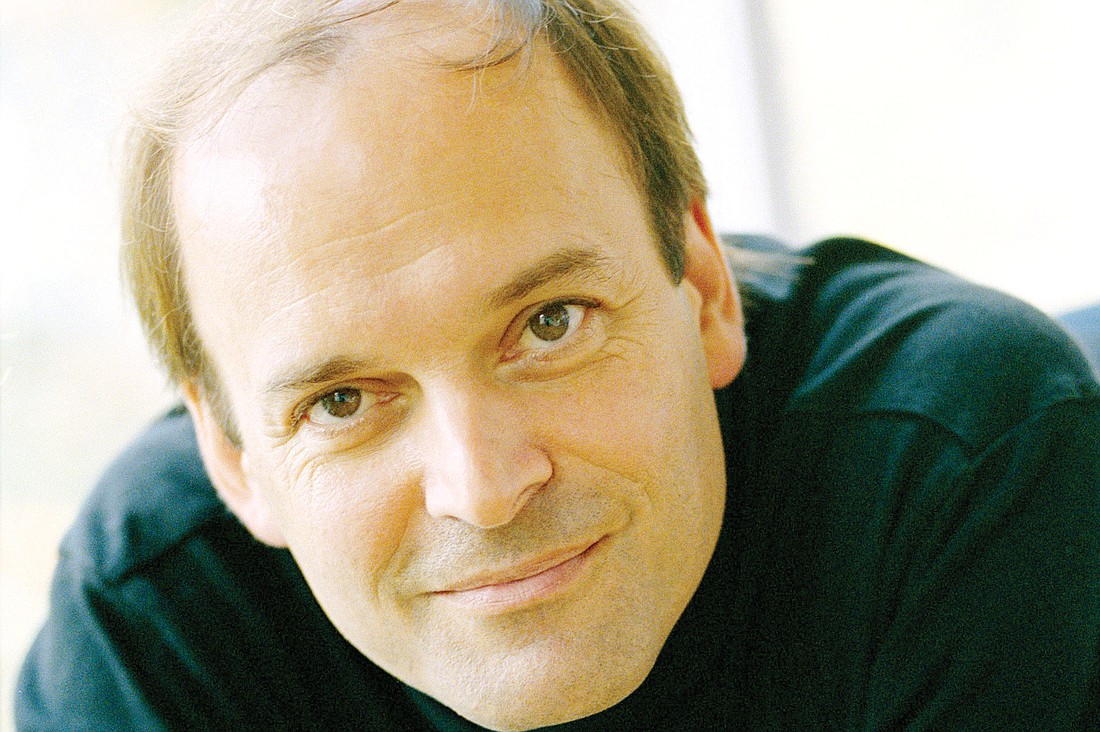- April 20, 2024
-
-
Loading

Loading

The Beethoven Orchestra Bonn, on its current tour of the United States, made a stop last week in Sarasota and proved how different musical tastes can be with an ocean between. The more than 100-year-old orchestra brought an all-Beethoven program, starting with the rarely heard overture from the composer’s incidental music to “The Ruins of Athens.” The real meat of the program’s first half came with the Fourth Piano Concerto with Louis Lortie, the well-recorded pianist.
It seemed as though the conductor and soloist had different views of this concerto, and they never quite got together on their interpretations. Lortie’s over-pedaling gave the piano a blurred sound, while Music Director Stefan Blunier led the orchestra in a dry reading without much nuance. Occasionally, lines were taken out of context and phrases simply ended without being tapered or shaped.
The entire second half of the program was devoted to Beethoven’s great Symphony No. 7, and here the reading was so different from anything we’ve heard before that we had to think in musicological terms. Without going into a whole history of the metronome and the markings Beethoven used in his scores, it’s fascinating to look into some of the recordings made by the scholarly conductor, Roger Norrington. Whether you agree with the aggressively fast tempos, Norrington has been making a case for clear, clean, unromanticized sounds in music of the late-18th- and early-19th centuries.
We think this was what Blunier was striving for with this symphony, but he took the fast sections so fast they became a blur lacking definition and reason. If we thought the second movement, Allegretto, was fast, we could barely believe the tempo he took the finale, Allegro con brio.
Blunier also over-played the strings, so even the brilliant horns and brass in this symphony were overpowered and hard to hear. It was as if a whirling dervish had taken the podium and swept away the dots and syncopations of the Beethoven we know and left our ears in the dust.
It’s hard to know what to make of this performance. The orchestra has to be good to play anything at such a clip. Yet, there were ragged entrances throughout the concert and, for all the momentary sparks of brilliant playing, there were even more moments when the phrases were pulled out of context and lacked any real nuance and shading. Speed with style can be exhilarating. This was just exhausting.
Interestingly, the encore the Beethoven Orchestra Bonn and Blunier chose, a Stokowski transcription of a Bach chorale, was the best played and interpreted piece on the program. Here, the phrasing was round and the tone rich. This is a terrific orchestra, but we have to question some of its music director’s musicological decisions.